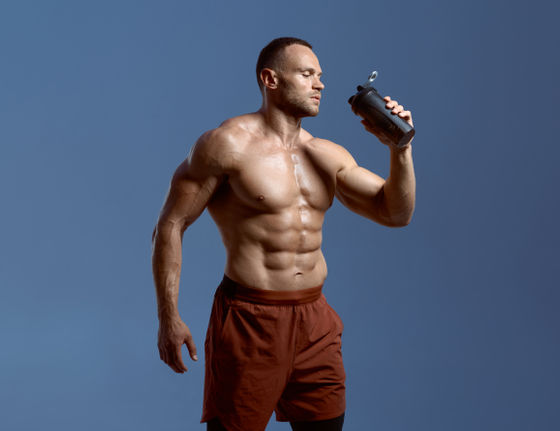The International Society of Sports Nutrition announced that 'it has been scientifically proven that caffeine improves sports performance', what is the best intake method and timing?

It is well known that caffeine has the effect of improving exercise performance, as shown by the research results that '
Full article: International society of sports nutrition position stand: caffeine and exercise performance
https://doi.org/10.1186/s12970-020-00383-4
GL #9: Caffeine and exercise performance (30 page study summary)
https://grapplinglane.substack.com/p/gl-9-caffeine-and-exercise-performance
·table of contents
◆ 1: Effects of caffeine
◆2: Intake
◆3: How to take
◆4: Timing
◆ 5: Side effects
◆6: Summary
◆ 1: Effects of caffeine
According to ISSN, many studies have shown that caffeine supplementation sharply enhances exercise performance in various ways. Areas that benefit from caffeine use include muscle endurance, strength and speed, sprinting, jumping and throwing performance, and a wide range of aerobic and anaerobic sports movements. is not limited to Aerobic endurance is particularly beneficial, with caffeine shown to improve endurance by 2-4%.
The effects of caffeine on improving physical performance appear in both trained and untrained people, but there are individual differences. Therefore, adverse performance effects and side effects of caffeine consumption may result from genetic variations related to caffeine metabolism and physical and mental responses. Factors such as caffeine consumption habits also appear to play a role in inter-individual variability in responses.

◆2: Intake
Regarding caffeine intake, there is consistent data that ``3 to 6 mg per 1 kg of body weight'' improves exercise performance. Although the lower limit of effective caffeine intake has not been determined, it is possible that a low dose of about 2 mg per 1 kg of body weight is a guideline. On the other hand, it is not believed that high doses of caffeine are necessary to achieve
◆3: How to take
Coffee is the most common way to get caffeine, but it doesn't have to be coffee. Caffeinated energy drinks, pre-workout supplements, chewing gum, energy jellies, and mouthwashes are also good sources of caffeine, all of which have been shown to improve performance.
Chewing gum, in particular, is considered the fastest way to get caffeine. This is believed to be because the blood vessels in the mouth are well developed, and the caffeine released by chewing gum is quickly absorbed into the blood vessels. Just because it absorbs quickly doesn't mean it's effective. Therefore, caffeinated chewing gums are useful when a rapid and sustained effect over a period of time is desired.

Continuous intake of caffeine is effective not only for improving physical function but also for improving cognitive function. A study of Navy SEALs found that continuous low doses of caffeine were more effective than high doses of caffeine in improving focus and alertness. was suggested.
In the case of coffee, there are concerns that cold drinks can be drunk more quickly than hot coffee, which is dangerous. However, studies investigating the effects of temperature and rate of intake concluded that differences in caffeine intake rate, temperature, and source may lead to small differences, but they are not significant. .
◆4: Timing
The most common timing for caffeine supplementation is 60 minutes before exercise. This intake method is adopted because it is believed that the blood caffeine level reaches its maximum value 60 minutes after ingestion. However, caffeine appears to be most useful in endurance exercise, so depending on the length of the event, it may be more beneficial to consume it during exercise rather than prior to it.
◆ 5: Side effects
The most commonly reported side effects in the literature include tachycardia, palpitations, anxiety, headache, and poor sleep quality. The nature of sport also needs to be considered when it comes to performance impacts of mental state changes associated with caffeine consumption. For example, athletes in sports that rely heavily on skill, such as rifle shooting in tennis or
Since the side effects of caffeine intake increase in proportion to the amount of intake, the determinant of the incidence and severity of side effects is considered to be the dose of caffeine.

◆6: Summary
Based on these research results, ISSN said, ``In general, caffeine intake has been shown to be ergogenic for a wide range of sports, but its use may not be appropriate for all athletes. Because the use of inn must be balanced against side effects, testing is needed to determine individual responses before assessing whether the benefits to the athlete outweigh the costs. In addition to paying attention to your sleep patterns, you should also be mindful of your physical response to caffeine during sports practice and competition.'
Related Posts:
in Science, Posted by log1l_ks







